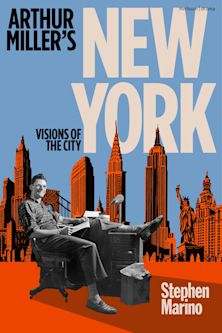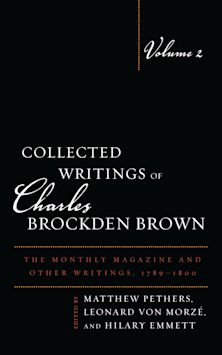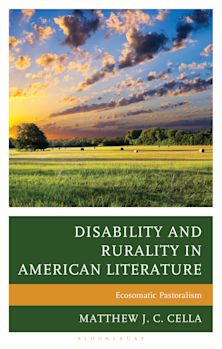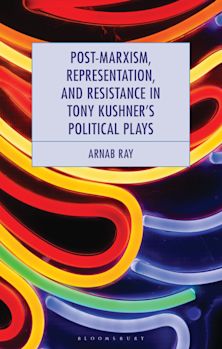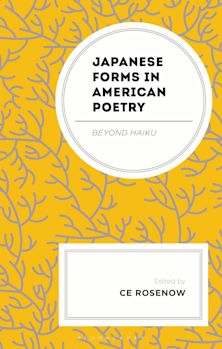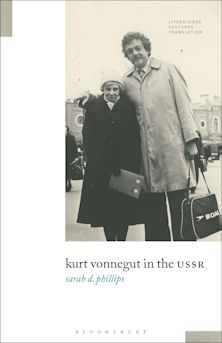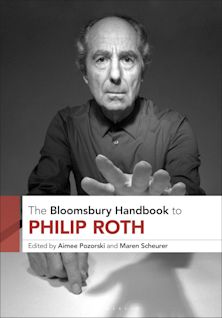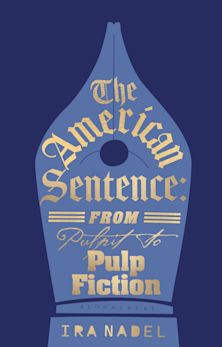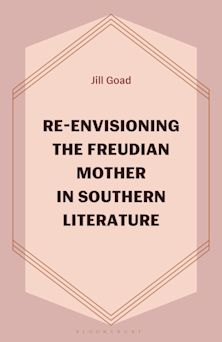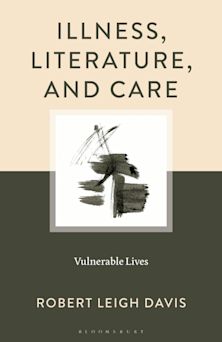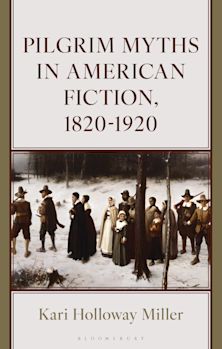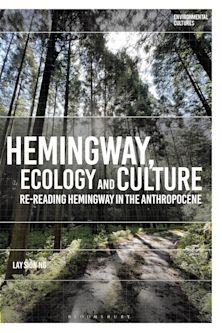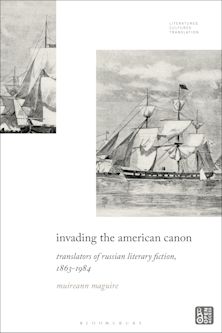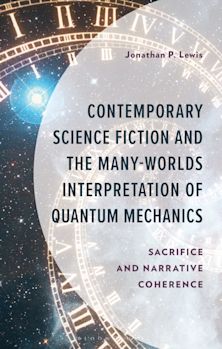- Home
- ACADEMIC
- Literary Studies
- North American and Caribbean Literature
- Masterpieces of Beat Literature
This product is usually dispatched within 2-4 weeks
- Delivery and returns info
-
Flat rate of $10.00 for shipping anywhere in Australia
You must sign in to add this item to your wishlist. Please sign in or create an account
Description
The writers of the Beat Generation wrote during a particularly chaotic period in modern history. They responded to the threat of the nuclear age, the anti-Communist hysteria that gripped America, and the cultural pressure to conform to social conventions. Written for students and general readers, this book examines 7 masterpieces of Beat literature.
Periods of cultural conflict often give birth to remarkably creative literary works. The writers of the Beat Generation wrote during a particularly chaotic time in modern American history, as they confronted the threat of a nuclear war, the rise of anti-Communist hysteria, and the growing pressure to conform to social conventions. They drew upon the works of jazz musicians, anarchist poets, and others to create an enormously influential and popular body of writing. This book is a guide to their achievement.
Product details
| Published | 30 Dec 2006 |
|---|---|
| Format | Hardback |
| Edition | 1st |
| Extent | 136 |
| ISBN | 9780313332838 |
| Imprint | Greenwood |
| Dimensions | 235 x 156 mm |
| Series | Greenwood Introduces Literary Masterpieces |
| Publisher | Bloomsbury Publishing |
About the contributors
Reviews
-
A timeline brackets the Beat Generation as beginning with a 1944 meeting between Jack Kerouac, Allen Ginsberg, William S. Burroughs, and Herbert Huncke, and ending with Ginsberg's death in 1997. Dittman, author of Jack Kerouac: A Biography (2004), reflects on what defines literary movements and the Beats' legacy. He then presents biographies, synopses of, and discussion questions on the works of key figures: John Clellon Holmes (Go); Kerouac (On the Road, The Dharma Bumns; Ginsberg (Howl and Other Poems); Burroughs (Naked Lunch); Neal Cassidy (The First Third); and new journalist Tom Wolfe (The Electric Kool-Aid Acid Test).
Reference & Research Book News

ONLINE RESOURCES
Bloomsbury Collections
This book is available on Bloomsbury Collections where your library has access.













